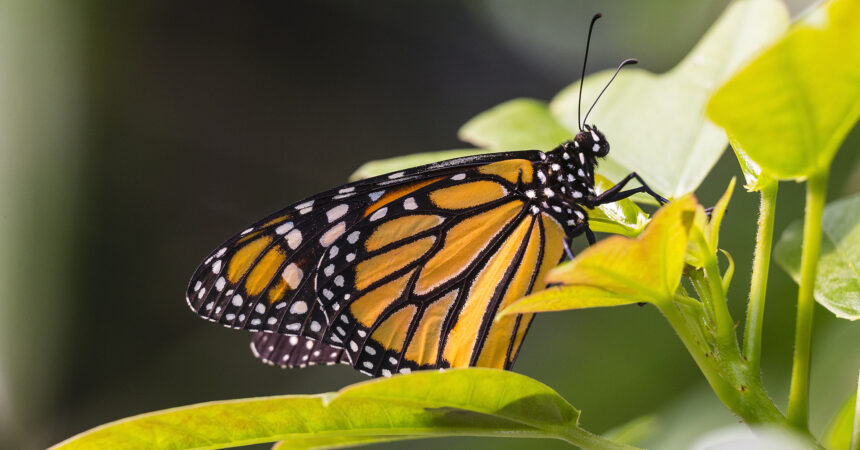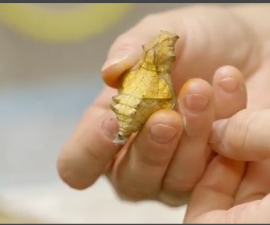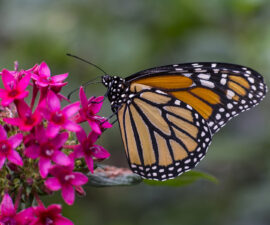Monarch butterflies are perhaps one of the most recognizable butterfly species in North America, known for their bold black and orange markings and milkweed-fueled metamorphosis from egg to adult. Sadly, the future of these glorious creatures is in doubt—and the western monarch population is in an especially precarious state. There is hope, and you can make a difference!
- DO create monarch breeding habitat by planting milkweed that’s native to your area. Do an online search for “milkweed finder,” or talk to someone at your local native plant nursery or native plant society. Native plants are always the best choice for local wildlife. For monarchs, native milkweed can mean the difference between life and death.
- DO let your garden store know that you want to buy native (not tropical) milkweed. Demand drives supply!
- DO plant nectar plants for adult butterflies. Ask your local native plant nurseries about the favorite nectar resources of monarchs in your area.
- DO encourage your local parks, community centers, schools and neighbors alike to plant milkweed and native nectar plants.
- DO ask your mayor to sign the National Wildlife Federation’s Mayor’s Monarch Pledge.
- DO cut back existing nonnative, tropical milkweed (where it is present) by October, to encourage monarchs to continue their migration.
- DO ask your nursery for milkweed and nectar plants that have not been treated with pesticides.
- DO avoid systemic pesticides, at home and in your community.
- DO discover how the Association of Zoos and Aquariums is helping monarchs, and how you can help, in our related post, Help Monarchs Play it Safe.
- DO explore more about monarchs, milkweed, and other wildlife online at animals.sandiegozoo.org.
__________
- DON’T plant nonnative, tropical milkweed Asclepias curassavica. Unfortunately, this has been the most available milkweed in nurseries and garden centers, but it is associated with the spread of a parasite that’s deadly to monarchs, and it can discourage normal migration patterns.
- DON’T raise monarchs in your classroom or inside at home. These butterflies can fail to orient properly for migration and can introduce undesirable traits and disease.
- DON’T release monarchs at special events such as weddings. These butterflies, bred commercially in managed care for multiple generations, can fail to orient properly for migration and can introduce undesirable traits and disease.
- DON’T spray pesticide on or around your milkweed.
- DON’T use systemic pesticides.





